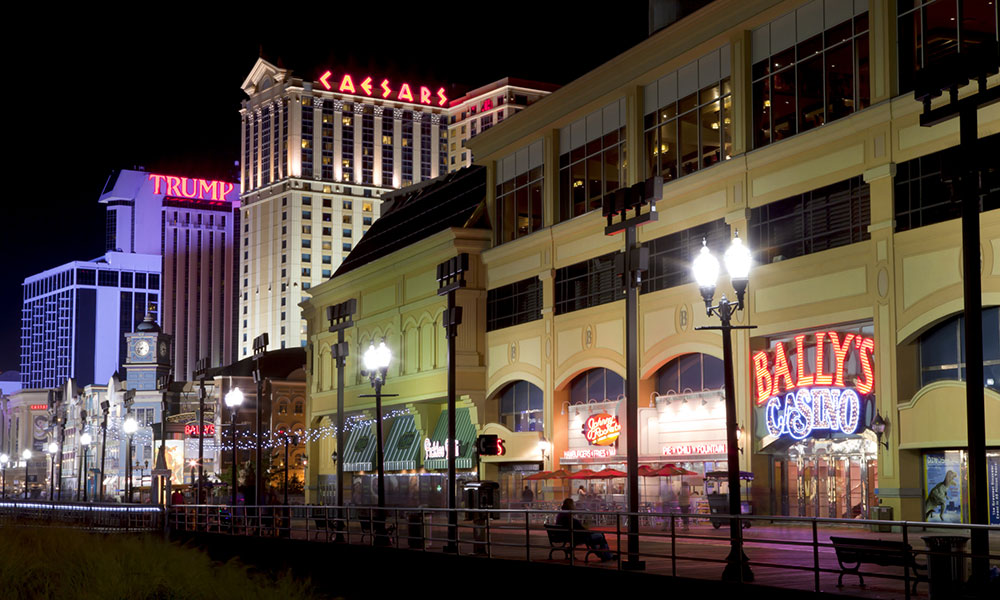
As Atlantic City Casinos Fold, Industry Group Ups Anti-Regulation Game
With a third announcement in less than a month of a casino set to close its doors, the Atlantic City gaming industry has a serious problem on its hands. While many believe a saturated market did the resort town in, the American Gaming Association said stifling regulation is to blame.
Once the second-largest gambling destination in the U.S., the “boardwalk empire” in Atlantic City appears on the verge of collapse.
“The evolving situation in Atlantic City should send a message to other gaming communities: restrictive regulations that fail to keep pace with business demands and increased competition will stifle the gaming industry’s ability to innovate.”
The Donald Trump-owned Trump Plaza and Casino announced this week that it would close up shop in September after 30 years in business, leaving more than 1,000 employees searching for work. The closure added to a growing list that includes the Atlantic Club Casino Hotel, which shut down in January, and Caesars’ Showboat Casino Hotel, set to close next month. A fourth property, the $2.4-billion Revel Casino Hotel, which opened in 2012, said last week that it might be forced to close as early as September if it can’t secure a buyer in bankruptcy court.
The closure of four casinos would leave a quarter of the industry’s workforce in the city jobless. Further, the Casino Association of New Jersey would lose two of its eight member casinos in Revel and Showboat.
Much of Atlantic City’s downturn has been attributed to growing gaming markets in neighboring states. According to a report earlier this year, casino revenue in the city has declined by 50 percent since 2006, the same year Pennsylvania opened its first casinos. And since then, Maryland and New York have expanded in-state gambling operations.
Despite the increased competition, the American Gaming Association attributes Atlantic City’s struggles to over-regulation of the industry in New Jersey.
“Like most businesses, casinos operate in a highly competitive environment,” AGA President and CEO Geoff Freeman said in a statement this week. “The evolving situation in Atlantic City should send a message to other gaming communities: restrictive regulations that fail to keep pace with business demands and increased competition will stifle the gaming industry’s ability to innovate, create jobs, and play an important role in economic development.”
AGA said Atlantic City was slow to react to increased competition partly because of its inability to swiftly adopt policies that could enable the local casinos to attract and retain new business and operate more efficiently.
The current “tax-and-torture” model that many gaming communities implement—casinos facing punitive tax rates rather than tax breaks—makes operating a casino in certain markets unsustainable, AGA said. “Gaming companies seek further partnerships with forward-looking policymakers who realize that punitive regulations and taxes are counterproductive and, with the right policies, casinos can be one component of a successful economic development strategy.”
To push that message, AGA is going all-in with its “Get to Know Gaming” campaign. Launched in June, the initiative is aimed at helping states understand the gaming industry’s impact on a local economy through gambling and tax revenue, employment, and wages paid out.
“We are entering a critical stage in the gaming industry’s evolution,” Freeman said in a statement announcing the campaign’s launch. “‘Get to Know Gaming’ will help to establish gaming as a mainstream business and pave the way for critical, pro-innovation reforms.”
(iStock Editorial/Thinkstock)






Comments